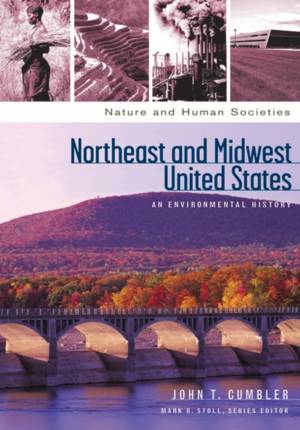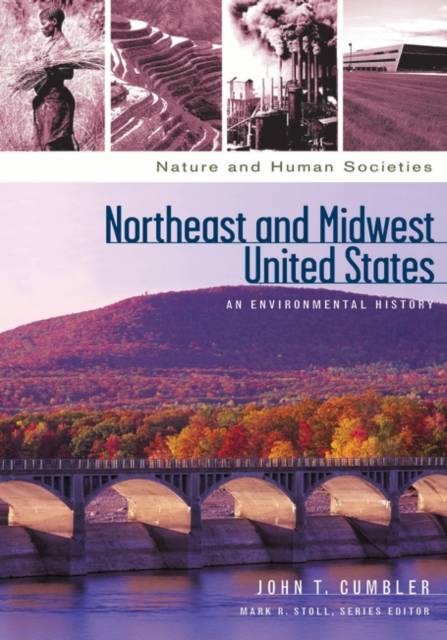
En raison d'une grêve chez bpost, votre commande pourrait être retardée. Vous avez besoin d’un livre rapidement ? Nos magasins vous accueillent à bras ouverts !
- Retrait gratuit dans votre magasin Club
- 7.000.000 titres dans notre catalogue
- Payer en toute sécurité
- Toujours un magasin près de chez vous
En raison de la grêve chez bpost, votre commande pourrait être retardée. Vous avez besoin d’un livre rapidement ? Nos magasins vous accueillent à bras ouverts !
- Retrait gratuit dans votre magasin Club
- 7.000.0000 titres dans notre catalogue
- Payer en toute sécurité
- Toujours un magasin près de chez vous
162,95 €
+ 325 points
Description
An engaging, personalized look at the interplay between people and nature in the northeastern and midwestern United States, from prehistory to the present.
The Northeast and Midwest regions of the United States provide a fascinating case study for the emergent field of environmental history. These regions, with their varied resources, were central to the early economic success of the nation. Consequently, the early industries in these regions altered and depleted the landscape as people changed their locations and occupations. Fishing and whaling on the northeastern coast have given way to tourism and sailing. The great stands of timber around the Great Lakes have been replaced by farms and dairies. The textile mills, powered by the falls of the Piedmont and once yielding wealth, now stand empty. That humans shape their environment and, in turn, must respond to the consequences is broadly obvious. Using the voices of historical figures, both notable and obscure, this book brings to life the interaction between humans and their environments and illustrates the consequences of those interactions. Part of ABC-CLIO's unique Nature and Human Societies series, this book enables readers to better understand humanity's effect on the environment.Spécifications
Parties prenantes
- Auteur(s) :
- Editeur:
Contenu
- Nombre de pages :
- 344
- Langue:
- Anglais
- Collection :
Caractéristiques
- EAN:
- 9781576079096
- Date de parution :
- 19-04-05
- Format:
- Livre relié
- Format numérique:
- Genaaid
- Dimensions :
- 179 mm x 261 mm
- Poids :
- 757 g

Les avis
Nous publions uniquement les avis qui respectent les conditions requises. Consultez nos conditions pour les avis.






